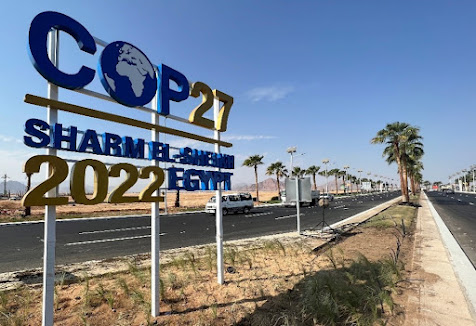Concluding thoughts
The issues on water development that we touched on during the posts such as groundwater, land-use changes, food security, sanitation and management techniques by community or private sector are long standing issues beyond their relation to environmental change. As the literature reviews have shown there are many causes for the current issues of many African nations, whether it be post-apartheid influences, a post-colonial economy that established dependency on the Global North and destroys local economies, an unstable democracy, an unorganized government, or corrupt local council. The relationship all these topics have with environmental change is the projected unpredictability regarding its impacts. Environmental change adds to the existing issues and complicates solutions more by now incorporating aspects like major weather variability, floods, droughts, unpredictable water borne disease patterns, food and water scarcity, safe water access; meaning the prevention of such events and crises is much harder to achieve. The pressure of sustainable green technology and adaptive strategies placed on these nations are simply unrealistic when considering the lack of an existing infrastructure in many regions both rural and urban, in the example of slums, which certain governments or private investors of water companies conveniently forget about. This takes the expectations and pressures of leapfrogging into the realm of impossibility while conveniently shifting responsibilities onto communities.
The recurring theme is finding a solution
which combines multiple existing approaches and tailoring it to the local
needs, however I have yet to encounter a structured proposal on how this will
be implemented or even work. The variables at hand when trying to combine
government, private sector and community management arise from these parties
having different objectives and incentives to participate. The most obvious
example here is the private sector investment in water resources which is
profit driven, causing major discrepancies between safe water access in the
urban versus the rural. Therefore, the question remains how do you incorporate
humanity in a profit driven contract?
Ultimately, it is this blog’s conclusion that more funding should be put towards understanding the issues and the solutions which have worked for certain communities and then trying to apply the framework at a national level, however this framework has to flexible enough that it accounts for local characteristics and needs and also find ways to make these projects a profitable investment for all parties involved and not just private sector investors or employing alternative sources of funding such as the ‘loss and damages’ fund once it materializes.



Comments
Post a Comment